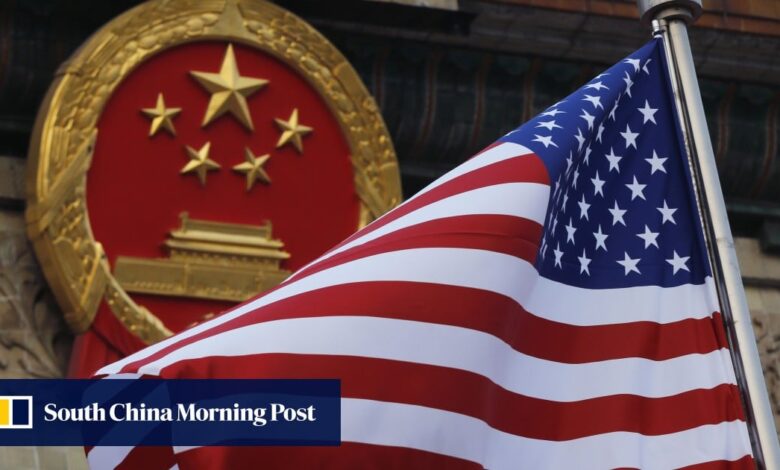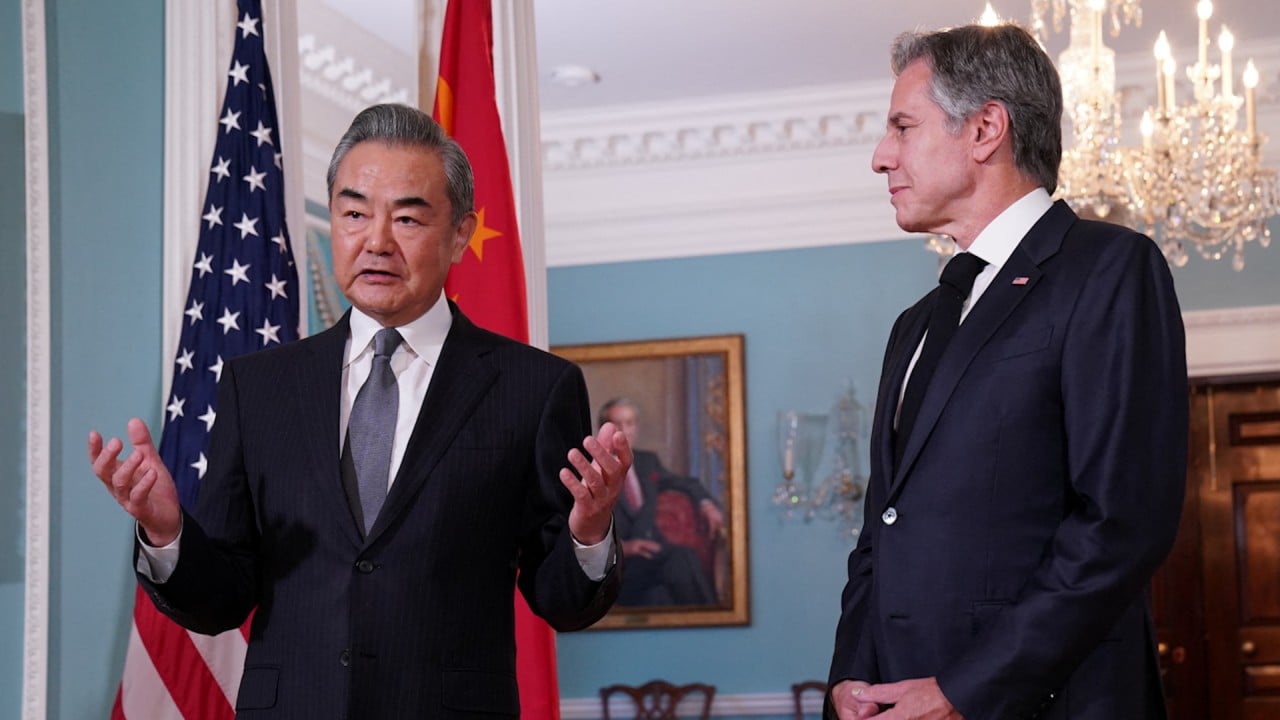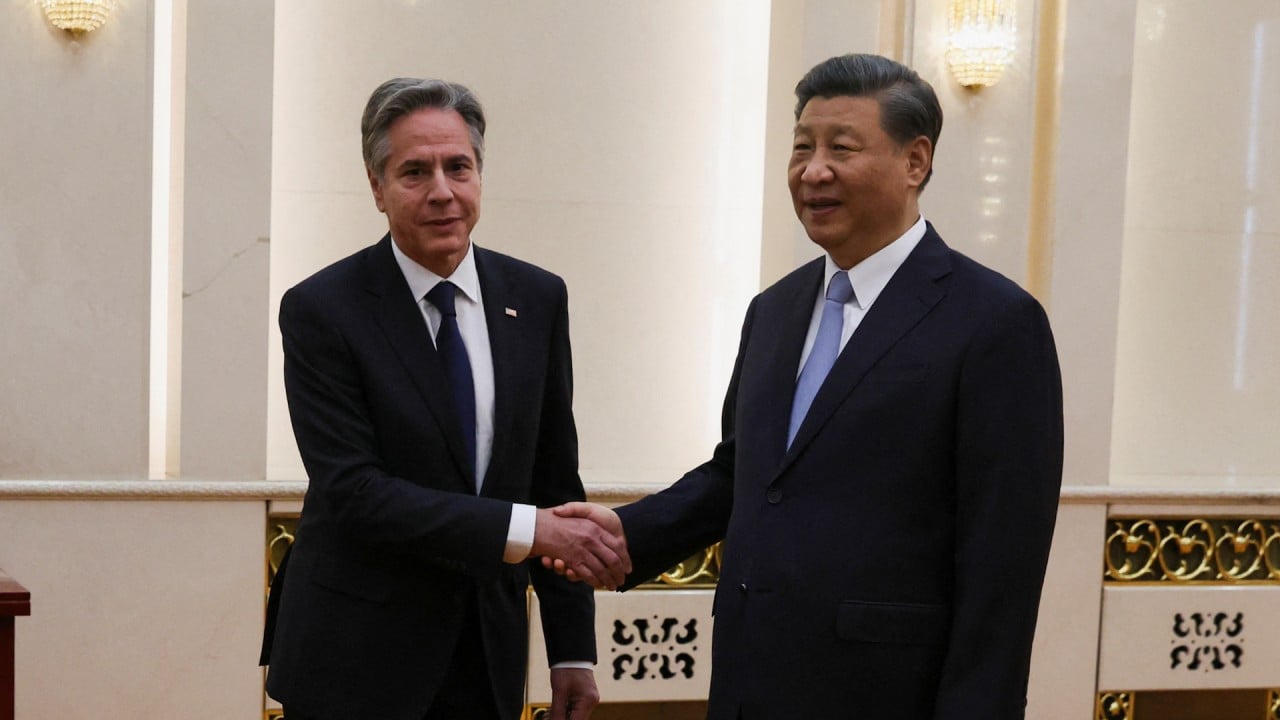Differing US and Chinese objectives will limit outcomes of a Xi-Biden meeting: Kevin Rudd

[ad_1]
Rudd said China’s interest was in “more trade, more investment or access to capital markets” to relieve its “internal economic tension” while the US was seeking to de-risk economically from China and reduce the risk of conflict through resumed military dialogue.
Singapore’s ambassador to the US, Lui Tuck Yew, also tempered expectations of a Xi-Biden breakthrough, despite noting that both sides had halted a downward spiral in the relationship.
“Because the relationship is wrapped by mutual suspicion, intractable issues, an absence of strategic trust, I think it will be some time before we can see a sustained uptrend,” he said.
France’s ambassador to the US, Laurent Bili, similarly warned against interpreting Beijing’s recent policy changes as a new-found willingness to compromise.
Rudd, Yew and Bili all took up their postings to the US this year, with the latter two arriving immediately after serving as ambassadors in Beijing.
All three agreed it was in the interests of their countries to preserve the status quo relating to Taiwan. China views Taiwan as a renegade province to be eventually reunited with the mainland, by force if necessary.
China-US ties must return to ‘healthy, stable’ state soon: Foreign Minister Wang Yi
China-US ties must return to ‘healthy, stable’ state soon: Foreign Minister Wang Yi
The US, France, Singapore and Australia all maintain the one-China policy, which recognises the People’s Republic of China as the sole legitimate government of China and that Taiwan is part of China. However, the US is among countries that oppose any attempt to take the island by force.
Rudd, who is a China academic and former Australian prime minister, praised the Biden administration for “remarkable progress” in its strategy of deterrence to maintain the status quo, citing the US’ deepening relations with Southeast Asia, the Pacific Islands and India, as well as getting China “comfortably” on the agenda at Nato summits.
“I think when China looks out, it sees a much more complex and much more difficult strategic environment than it did, say, five years ago in the wider region”, he said.
For Singapore and France, managing a potential US-China conflict strikes a slightly different tone.
“We want to be friends with both sides”, said Yew, adding that Singapore arrived at its positions “not because we want to please one side or the other, but because of our own particular circumstances”.
Bili nodded to different approaches to engaging China between the US and Europe.
China-US conflict should ‘never be allowed’, Beijing ambassador to US says
China-US conflict should ‘never be allowed’, Beijing ambassador to US says
“Unlike in most of the European countries, where China is not really a domestic issue, in the US it’s quite a hot potato”, Bili said.
“The [Biden] administration is speaking about de-risking and not decoupling, that’s where we are … I think we are quite in harmony.”
Bili said, however, France had domestic circumstances that were “different and probably change the tone of communication”.
[ad_2]
Source link







